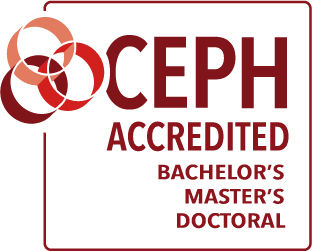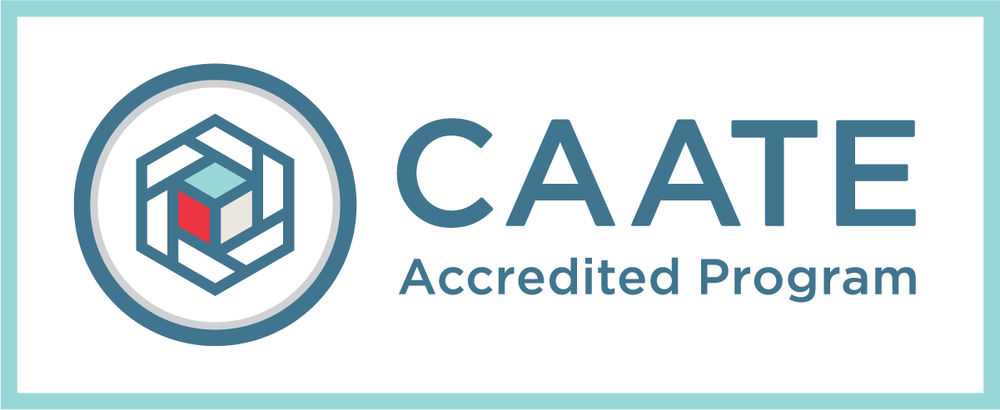Accreditation Statement
In January 2017, the Commission on Accreditation of Athletic Training Education approved Temple University’s request for the degree-level change to the Master of Science in Athletic Training program. The program is currently accredited and in good standing.
Important Program Information
Students are required to meet the health, immunization and background check requirements of the Athletic Training program, the College of Public Health and Temple University annually.
The technical standards for the MSAT program are published in the student handbook. The technical standards can be found on page 46.
Mission
The mission of the Temple University Master of Science in Athletic Training Program is to provide a rigorous intellectual and diverse learning environment in which students develop skills and acquire knowledge of inclusive patient-centered clinical practice concepts. The evidence-based curriculum prepares students through engaged learning, scholarly pursuits and immersive clinical experiences to demonstrate sound clinical reasoning, promotion of best practices, and transformative leadership in an ever-evolving healthcare environment.
Program Goals
1. To prepare graduates for successful clinical practice.
A. Provide patient-centered care utilizing evidence-based medicine.
B. Utilize reflective practice and healthcare informatics for quality improvement.
C. Facilitate the evolution of athletic training relative to its position in public health.
2. To prepare graduates to be leaders and advocates to enhance clinical and patient outcomes.
A. Provide patient-centered education to empower navigation of the healthcare system.
B. Promote personal and professional value as an athletic trainer.
C. Establish an environment that promotes collaboration in interprofessional practice.
3. To prepare graduates to practice with cultural competence and professional integrity.
A. Identify and describe cultural practices that may influence healthcare for various populations.
B. Recognize individual patient characteristics to facilitate care.
C. Provide athletic training services according to standards of practice, ethics and law.
4. To prepare graduates to advance the athletic training profession.
A. Synthesize current research to inform clinical practice.
B. Educate the community about the profession of athletic training.
C. Promote an environment of lifelong learning through professional development and scholarship.


